Forgotten: The Dark Legacy Of Soviet Internment Camps In Germany
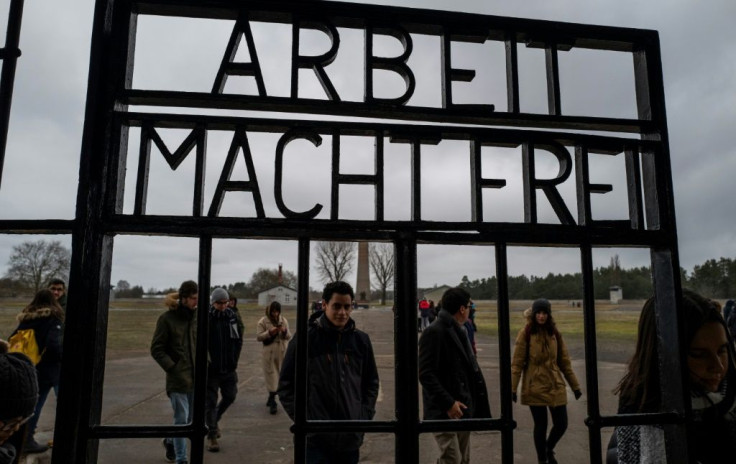
When Germany's Nazi concentration camps were liberated 75 years ago at the end of World War II, many were immediately put back to use by a new oppressor -- the Soviets.
A little-known part of German history, the camps continue to haunt the country with victims still seeking justice more than seven decades on.
For years, the sites were "taboo or ignored", said Alexander Latotzky, who was born almost 72 years ago in one such gulag.
Officials in the Soviet occupation zone sought to "de-Nazify" junior members of the regime and members of the Hitler youth.
In reality, prisoners were left to rot in "Schweigelager", or "silence camps" -- isolated from the outside world, abandoned and forced to live in terrible conditions. Disease was rampant and food scarce.
Between 1945 and 1950, more than 43,000 of the roughly 122,000 people held in the camps died from starvation or hypothermia, official figures show.
"When I was a young man, I quickly stopped talking," Latotzky told AFP at the Sachsenhausen camp in Oranienburg, north of Berlin, where he spent the first two years of his life.
It is partly because he was tired of being told "your mother must have been a huge Nazi if she was interned there."
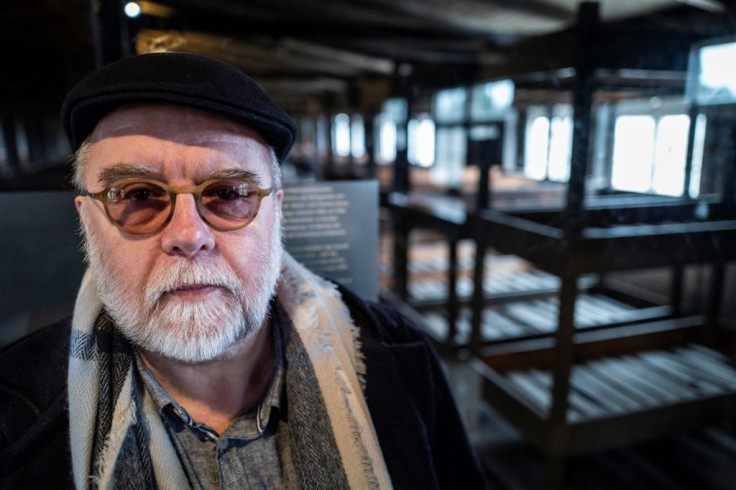
"It's absolutely untrue," he said.
The Soviets also sent political opponents to the camps -- including people considered disruptive, like his mother Ursula.
In spring 1946, Ursula, then 20, returned to her Berlin apartment and found her mother raped and strangled to death by "two men wearing Russian uniforms".
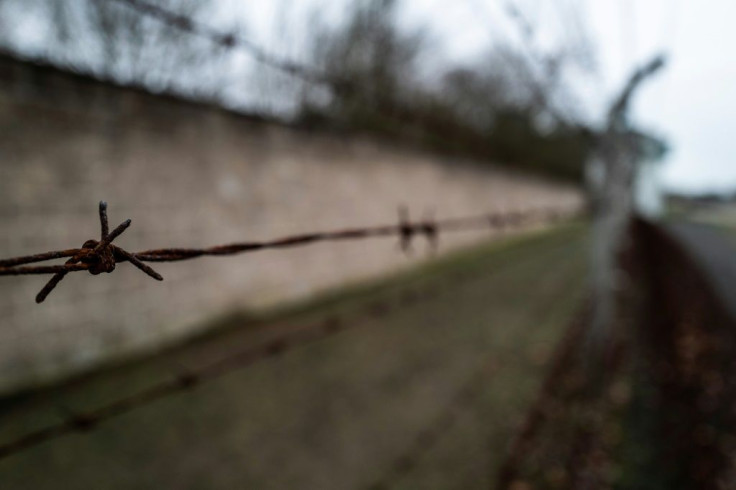
She reported the crime to the authorities, and a few weeks later was accused of spying. She was sentenced to 15 years and interned in a camp in Torgau, Saxony.
She fell in love with a Ukrainian soldier, but their secret romance ended abruptly when she became pregnant.
"My mother was sent to the Bautzen camp to give birth... and my father to Russia, to the gulag, a day before I was born," Latotzky said.
Ursula and her baby were then transferred to Sachsenhausen.
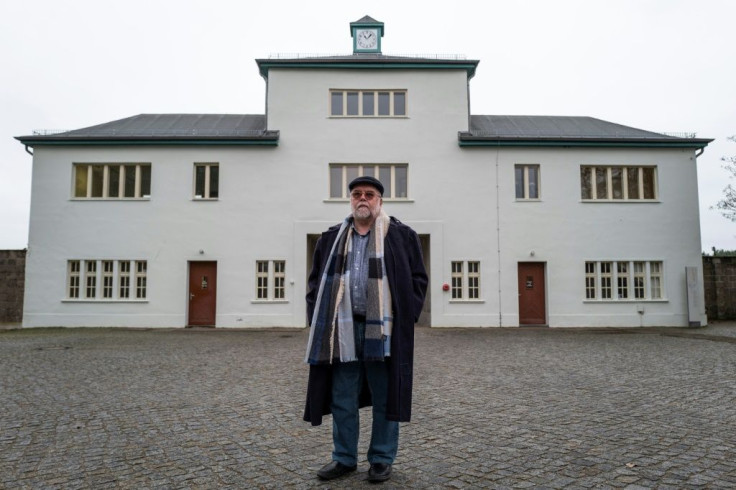
In 1950, the camp was dissolved and East Germany took charge of the detainees. Many of them, including Ursula, were sent to prison and separated from their children.
And so began a nomadic life for Latotzky, shunted from family to family.
He was nine when his mother, who said she would work for the East German secret police to get her son back, managed to get him across the border into West Berlin.
"When I stepped off the train, I saw this small woman running towards me, she couldn't stop crying, telling me that she was my mother," said Latotzky.
Weakened by years of incarceration, Ursula died 10 years later, aged 41.
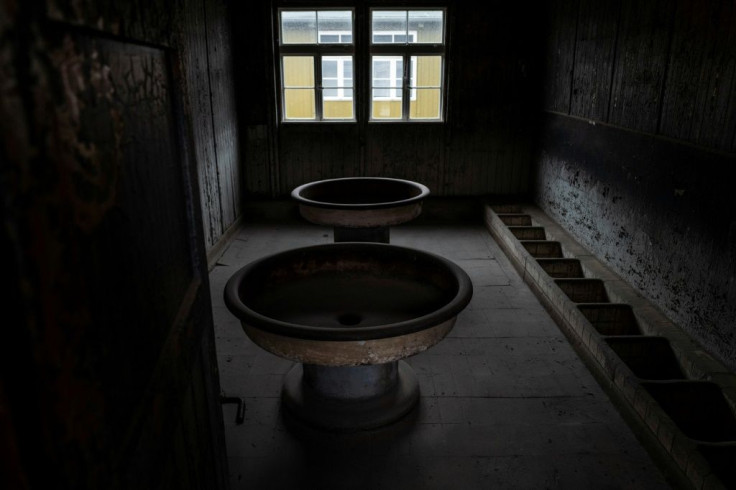
After the fall of the Berlin Wall, Latotzky visited the Sachsenhausen camp with his family.
"All my childhood memories came flooding back and I could not hold back the tears," he said.
"My mother and I spoke very little about our past. I wanted to know what had happened to me."
The Soviet camps -- a forbidden topic in East Germany -- came to light after the discovery of mass graves harbouring their dead.
Former victims began to testify and archives were opened.
With the help of the Red Cross, Latotzky discovered that his father was still alive and living in Russia where he was married with two children.
In 2000 he went to visit him. "It was so emotional that I blacked out. All I know is that we fell into each other's arms."
His father died four years later.
Latotzky obtained a list of around 100 people born in the Soviet camps and set out to tell their story. Together, they are demanding rehabilitation by the German state.
They are not alone. Many former prisoners, whether rightly or wrongly convicted, are engaged in a controversial process of demanding recognition of their suffering.
"How to honour victims and criminals at the same time and how to deal with the issue of Nazi crimes in the face of Stalinist crimes have been hot topics," historian Eva Ochs told AFP.
And "how much importance to give the memory of the oppressive former GDR regime versus the crimes of National Socialism is also a constant debate, even if no one is arguing that they are on the same level," she said.
Today, visitors to the Buchenwald and Sachsenhausen camps learn about their double history.
The German government pays a pension to recognised victims, but cannot rehabilitate them if they were convicted by a Soviet court "for reasons of international law", the Ministry of Justice says.
Latotzky rejects that argument because he believes Germany also played a part in his mother's shattered life and his own childhood drama.
They have received rehabilitation from Russia meanwhile.
"It doesn't bring any financial benefit," he said.
"I just want this great country to recognise the injustices committed. Nothing more."
© Copyright AFP 2024. All rights reserved.





















